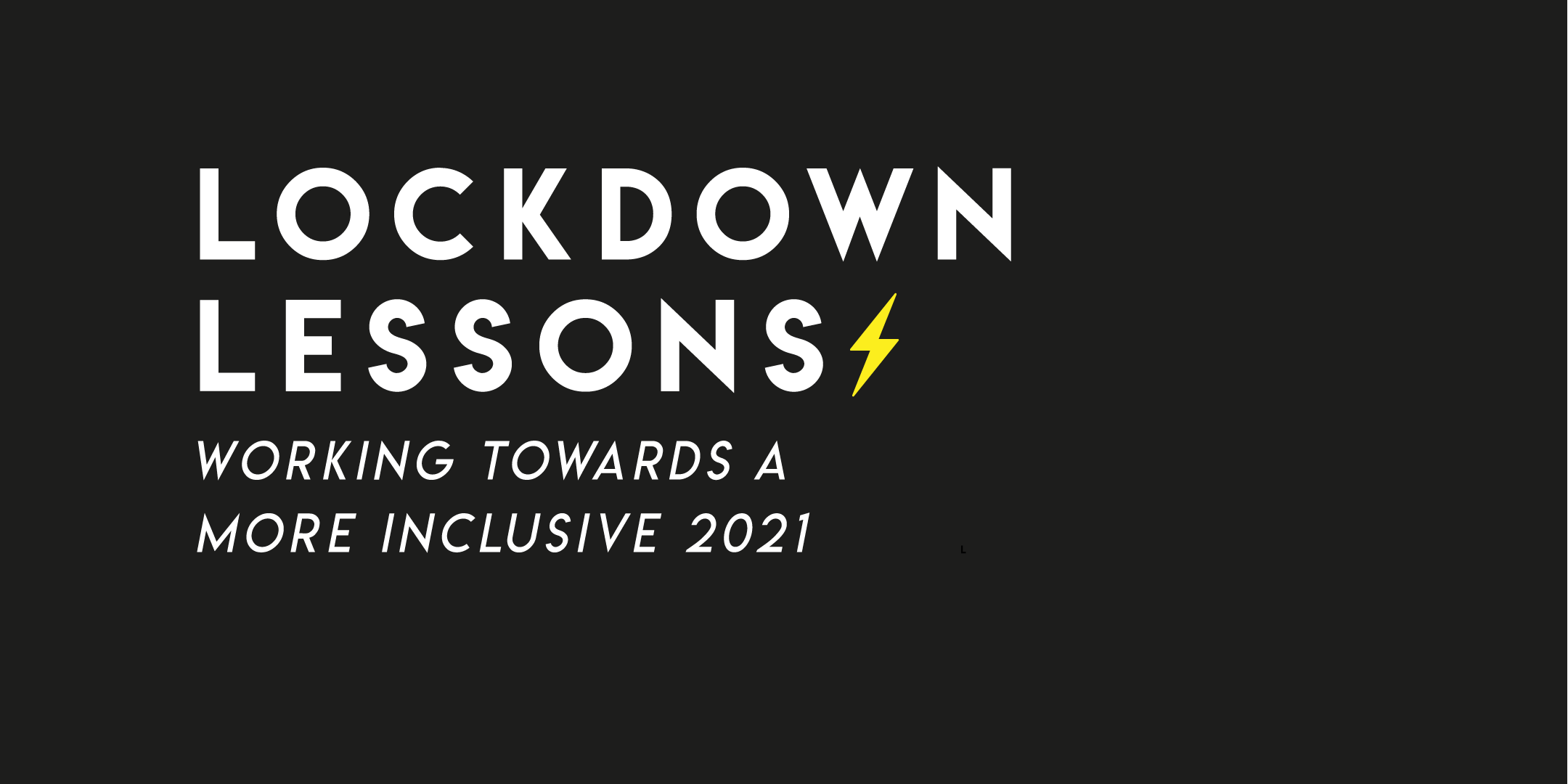
Lockdown Lessons – From the Neurodivergent Community
As 2021 approaches, we got together with a few members of the network to put together some key insights from our positive and negative experiences of lockdown, what strategies have worked and what change we want to see in 2021.
The session was hosted by founder of The Future is ND Lucy Hobbs and Professor Amanda Kirby of Do-It Solutions. The participants were organised into breakout rooms of 2-4 people talking about what has and hasn’t worked for them, with an open discussion at the end on our final thoughts for 2021.
Here are the key learnings that we took away from the event.
It is OK to be kind to yourself
A positive reflection that was shared by many of the group is that lockdown has allowed some of us to be kinder to ourselves, take a new perspective, and be more aware of our surroundings, often through reconnecting with nature by, for example, going on walks. The group also discussed how it allowed us to more contemplative and less driven, while for some lockdown has felt less isolating, as working from home has become normalised and encouraged innovative ways of working.
Take control of your working environment
Another prominent theme was that lockdown has allowed us to take more control of our working environment, routine and work/life balance, and has “forced people to consider communication methods”. One member of the group told of how lockdown has helped him reconnect with loved ones and his surroundings. Many members also explained how using approaches such as daily journaling or spider webs, or trying new working strategies and visualising thoughts, was beneficial to mood and productivity. Creating your own boundaries was also discussed as a good way of managing anxiety and workloads.
“You start to realise and appreciate the things closer to you. I also care for my 88-year-old mother and I like to think we have probably got closer during the last 6 months”
Consider the impact of technology on communication
Technical challenges, from Zoom fatigue to confusing multichannel communication and adapting to new digital tools, were shared fruition among many within the group. Multichannel communication was a particular challenge for those whose dyslexia creates additional challenges in work and this frustration was shared by many.
Tackle loneliness
Perhaps the most prominent theme of all was that of loneliness and isolation from our own online and offline communities, whether this be friends, choirs, the gym, when job searching, or simply missing body language from human interaction. This also led to a discussion around concerns relating to human interaction and job/work opportunities, particularly for participants who are freelancers. The importance of maintaining a form of human contact was also highlighted, for example, through accountability or other co-working groups.
Look to the future
We also reflected on what work will look like in the future. This included the questions of what we will go back to, how severe the impact of COVID has been, can we repair what we had previously, and do we even want to go back to pre-COVID workplaces?
Final Discussion
Towards the end of the event, we stressed the need to achieve real change in creating inclusive workplaces and changing attitudes. This was expanded to the idea of support hubs of “talent supporting talent” as a positive way forward.
We also discussed the need to change and review the education system to be more neurodivergent-friendly, and how such change can benefit all pupils in future life and their workplaces. This included an insight from one participant into her experience in education as a speech and language therapist and the degree to which attitudes within institutions are deep-rooted. The importance of the 4 C’s – critical thinking, collaboration, creativity and communication – was also highlighted, and how we can integrate them into our education system and consequently, working lives and careers.
It was also suggested that the pandemic has given us an opportunity to create a strong business case for problem-solving and lateral thinking, and that the neurodivergent community can contribute to this change. This was enthusiastically welcomed by every member of the group and the event ended with Lucy sharing her dream to start a neurodiverse creative agency.
As one participant succinctly put it: “For 2021, let’s make it the year for change.”
Words by Maxwell Dean